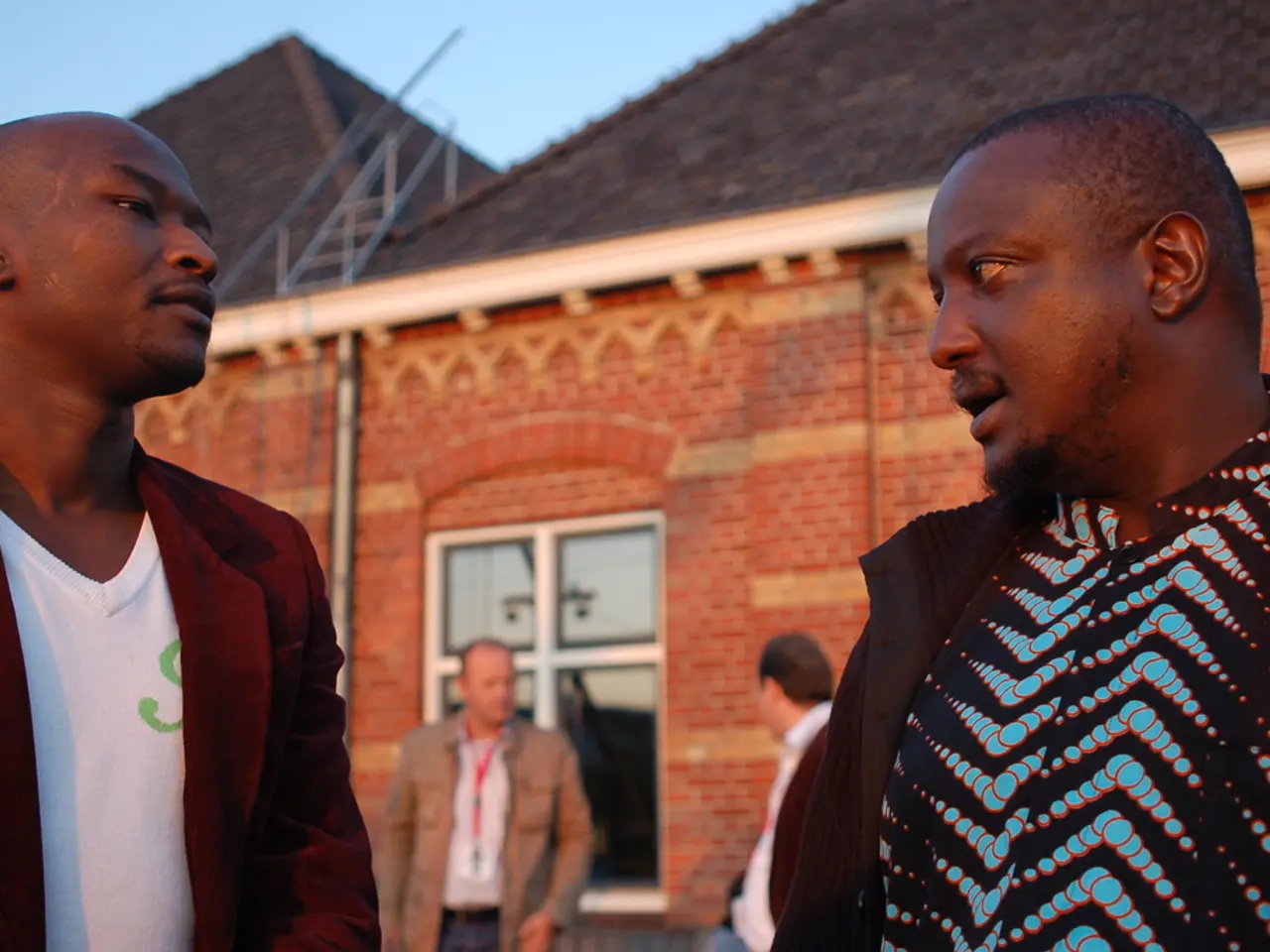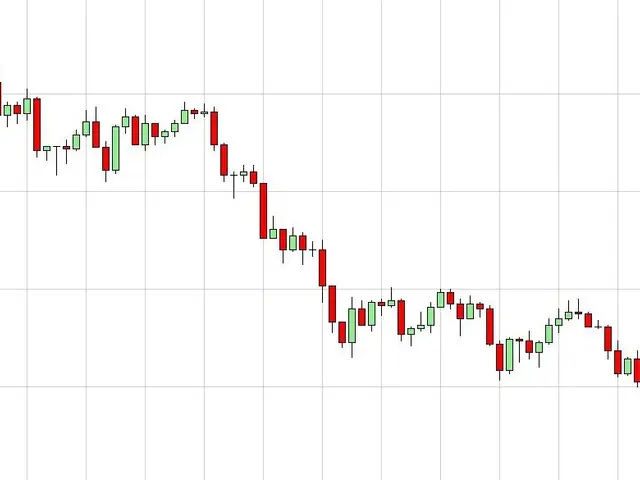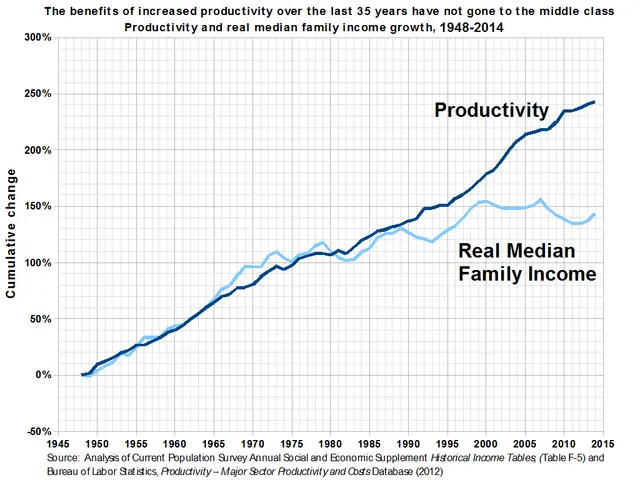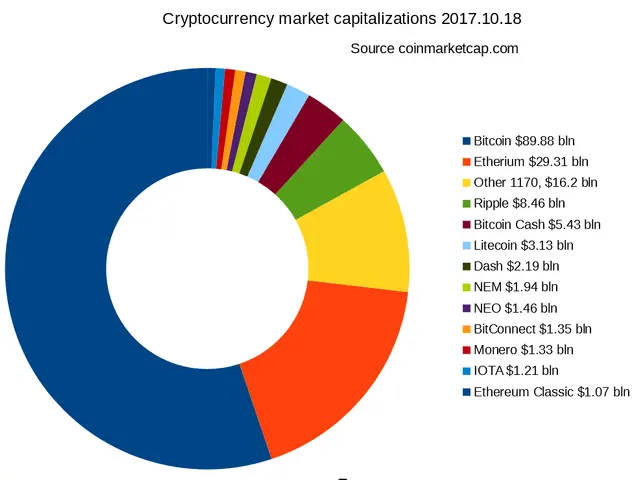Investors refer to the notion that entrepreneurs should develop and grow their businesses with a focus on Africa's unique market characteristics and needs.
In the dynamic world of startups, the funding landscape for pre-revenue businesses is becoming increasingly challenging. Investors, under pressure to deliver returns and secure a second fund from limited partners, are re-evaluating their strategies.
Fisayo Durojaiye, a seasoned startup investor, emphasises the importance of tackling significant problems to build a thriving business. The mantra of "building for Africa" varies among investors, with some advocating for rapid expansion into multiple markets, while others argue for the importance of dominating the home market first.
Uwem Uwemakpan, head of investment at Launch Africa, urges founders to focus on solving fundamental problems for those who can afford the solutions, regardless of location. Samuel Frank, an associate at Sahara Impact Ventures, stresses the need for a business model that covers costs while serving the customer.
Given the relatively small, price-sensitive consumer base on the continent, investors are predominantly backing startups that address immediate problems and generate revenue from day one. This approach ensures sustainability, a demand consistently expressed by investors.
Venture capital is a business heavily influenced by opinions, and preferences among investors differ. However, sustainability and global reach are non-negotiable requirements for African startups, according to founders interviewed for this story.
Interswitch, a notable example, still earns over 95% of its revenue from Nigeria despite expanding beyond the country since 2011, demonstrating the appeal of dominating the home market. Dipo Ojo, founder of Trippa, a logistics startup, has been advised by investors to build for Africa, demonstrate traction, scalability, and a marketplace model that can work across multiple markets.
Investors now expect startups to prove their ability to scale globally, regardless of their origin. Between 2019 and 2024, only 138 venture-backed exits occurred across Africa, with 84% of them coming from acquisitions. A scalable business model for founders means accounting for the cost of building their product and the infrastructure it must run on, which can be expensive and underdeveloped.
On a positive note, the Moonshot event by our website will take place in Lagos on October 15-16, featuring Africa's top founders, creatives, and tech leaders for two days of keynotes, mixers, and future-forward ideas. Early bird tickets are available with a 20% discount.
Ojo, Trippa's co-founder, encourages investors to fund for Africa with a mindset that embraces bold, scrappy, localized, and imperfect but real ideas, instead of imposing Silicon Valley expectations onto unpredictable ecosystems. The real prize for some investors lies in dominating the home market, as shown by the example of Interswitch.








